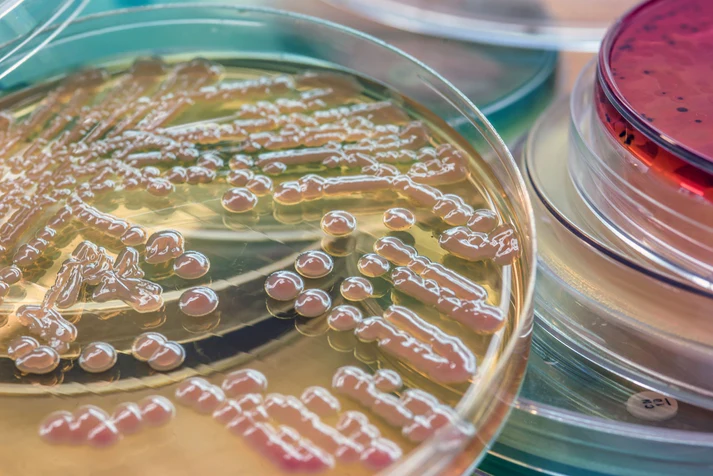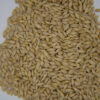
Rotavirus in Racing Pigeons What You Need to Know!
Rotavirus in Racing Pigeons: What You Need to Know
When you’re training your birds for peak performance, nothing disrupts progress like a sudden outbreak of illness. Among the most serious emerging threats to racing pigeon lofts worldwide is Rotavirus a highly contagious virus that can cause rapid health decline, especially in young birds. Whether you’re a seasoned fancier or just starting out, understanding this virus is critical to protecting your pigeons and ensuring they reach the starting line in optimal condition.
In this post, we’ll break down everything you need to know about rotavirus in racing pigeons, including its causes, symptoms, treatment options, and how to effectively prevent an outbreak.
What Is Rotavirus?
Rotavirus is a viral infection that targets the liver and intestines of pigeons, particularly young birds. It’s caused by a member of the Reoviridae family, specifically avian rotavirus, and is often linked with high mortality in pigeon lofts when left unmanaged.
The virus is shed in droppings and spread through contaminated feed, water, loft surfaces, and even direct contact between birds. Because of its contagious nature, outbreaks can quickly spread across an entire loft—especially when birds are under stress from training, travel, or changing weather.
Why Rotavirus Is So Dangerous for Racing Pigeons
Unlike more manageable diseases like coccidiosis or respiratory infections, rotavirus can devastate a loft within days. Its effects on liver and intestinal function are fast-acting and often deadly. Some birds die within 24–48 hours of showing symptoms, making quick identification and response absolutely essential.
What makes rotavirus particularly tricky is its similarity to other illnesses. Early signs often mimic adenovirus, salmonella (paratyphoid), or E. coli infections. However, rotavirus stands out in its intensity and speed.
Common Symptoms of Rotavirus in Pigeons
If you’re observing your birds daily—as every fancier should—here are some telltale signs to watch for:
-
Severe, watery diarrhea (often greenish in color)
-
Vomiting or regurgitation of feed
-
Rapid weight loss or failure to gain weight
-
Lethargy or birds sitting puffed up
-
Sudden death in young pigeons
-
In some cases, neurological signs may appear: tremors or loss of balance
While these symptoms can overlap with other pigeon diseases, the speed of deterioration in rotavirus-infected birds is a red flag.
Diagnosing Rotavirus: Don’t Rely on Guesswork
The only reliable way to confirm rotavirus is through laboratory testing. A fecal test or PCR (polymerase chain reaction) diagnostic can confirm the presence of the virus. If you’re experiencing sudden losses, especially in young birds, send samples to a reputable avian vet or pigeon-specific lab.
Treatment Options: Supporting Recovery, Not Curing
Here’s the tough truth: there is no direct cure for rotavirus. It’s a viral infection, and antibiotics don’t work on viruses. However, with prompt supportive care, many birds can recover.
Recommended Supportive Measures:
-
Hydration: Use electrolyte solutions in drinking water to prevent dehydration.
-
Probiotics: Replenish gut flora to support digestion and immune function.
-
Liver support: Supplements like milk thistle, hepatoprotective drops, or vitamin-rich tonics help birds cope with liver damage.
-
Isolation: Immediately separate sick birds to stop the spread.
Some pigeon vets may recommend broad-spectrum antibiotics if secondary bacterial infections (like E. coli or salmonella) are suspected. However, these should be used cautiously and only when advised.
Preventing Rotavirus: Your Best Defense
In pigeon racing, prevention is everything. The good news is that with consistent hygiene, smart supplementation, and proper vaccination, you can greatly reduce the risk of rotavirus entering your loft.
1. Vaccination
There are rotavirus vaccines developed specifically for racing pigeons. These should be administered in consultation with your vet, ideally several weeks before the breeding or racing season begins. Some vaccines also cover adenovirus, another common viral threat.
2. Boost Immune Health
Healthy birds are less likely to fall victim to rotavirus. To support immunity:
-
Offer nutrient-dense feed with a balanced vitamin and mineral profile
-
Supplement with immune boosters like PHP Immune Support or multivitamin blends
-
Provide regular access to clean grit and fresh water
3. Maintain Loft Hygiene
Cleanliness is your frontline defense:
-
Scrape droppings daily and disinfect surfaces weekly
-
Use aviary-safe disinfectants in drinking water systems
-
Quarantine any new or returning birds for at least 2 weeks
4. Minimize Stress
Stress weakens the immune system and makes birds more vulnerable. Reduce sudden changes in diet, lighting, or training routine. Provide a calm, stable environment, especially during breeding, molting, or pre-race conditioning.
Rotavirus and Young Birds: Extra Caution Needed
Young birds are the most susceptible. If you breed in-house or purchase young birds for future racing, be especially vigilant during the first 6–8 weeks of life.
Regularly monitor their droppings, body condition, and energy levels. Consider using probiotics and immune-boosting supplements as a daily part of their routine. At the first sign of trouble, isolate and support them immediately.
What to Do During an Outbreak
If your loft is currently battling a rotavirus outbreak, here’s a step-by-step action plan:
-
Isolate, Isolate, Isolate symptomatic birds immediately.
-
Contact a pigeon-friendly vet for lab testing to confirm the virus.
-
Begin supportive care with electrolytes, probiotics, and liver-supportive supplements.
-
Clean and disinfect the loft thoroughly, including all feeders and drinkers.
-
Observe the rest of your flock closely for new cases.
-
Suspend any training or racing activities until the loft is stable.
Recovery and Reintegration
Once your pigeons recover, it’s important not to rush them back into training or breeding. Give their bodies time to rebuild strength and restore organ function. Continue nutritional support, and ease them back into normal routines gradually.
Some fanciers report that recovered birds can come back just as strong but only if they’re given the proper recovery time and care.
Final Thoughts: Stay Ahead of Rotavirus
Rotavirus in racing pigeons is no longer rare or exotic—it’s real, fast-spreading, and potentially devastating. But with early detection, proper support, and strong preventive protocols, you can protect your birds and your race plans.
Keep your loft clean. Keep your pigeons well-fed and well-supported. And most of all, stay informed.
Need Help Building Immunity in Your Loft?
Check out our range of immune-support supplements and recovery tonics designed specifically for racing pigeons. Whether you’re prepping for the season or managing a recovery, we’ve got your flock covered.


